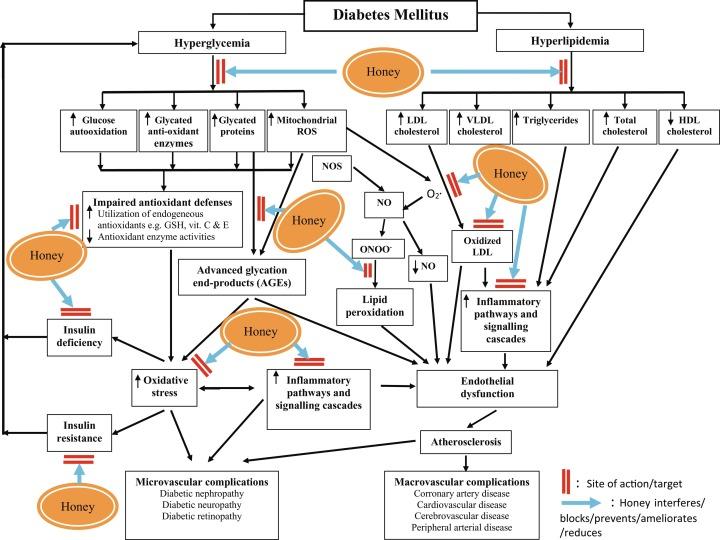Type 2 diabetes is a common but serious health condition that occurs when blood glucose, or blood sugar, levels are too high as the body is unable to use insulin correctly. Over time, high blood sugar levels can severely damage blood vessels, which can cause serious health complications throughout the whole body.

The pancreas produces the hormone insulin, which helps cells utilize glucose, the body’s main energy source. Type 2 diabetes occurs when the body cannot respond to insulin correctly. Usually, over many years, insulin production decreases.
As a result, glucose may accumulate in the blood and cause people to experience high blood sugar levels. This can lead to several acute or chronic health complications. Acute problems occur quickly and can happen anytime, such as hyperglycemia (hypers) or hypoglycemia (hypos). However, chronic complications are long-term issues that develop gradually, which can range from heart and kidney disease to vision loss and nerve damage.
This article focuses on some of the potential chronic health complications of type 2 diabetes with tips on reducing these risks.









